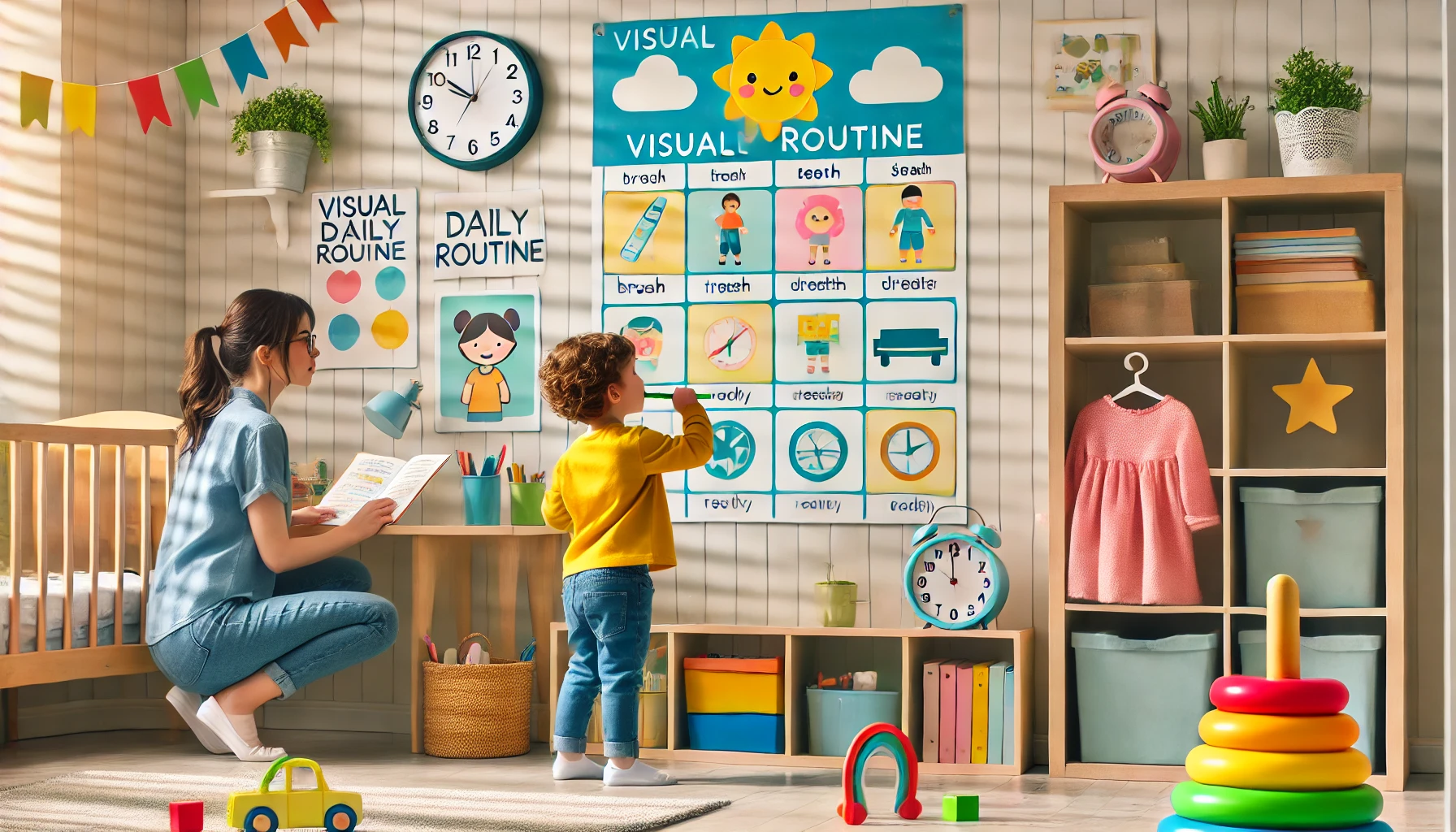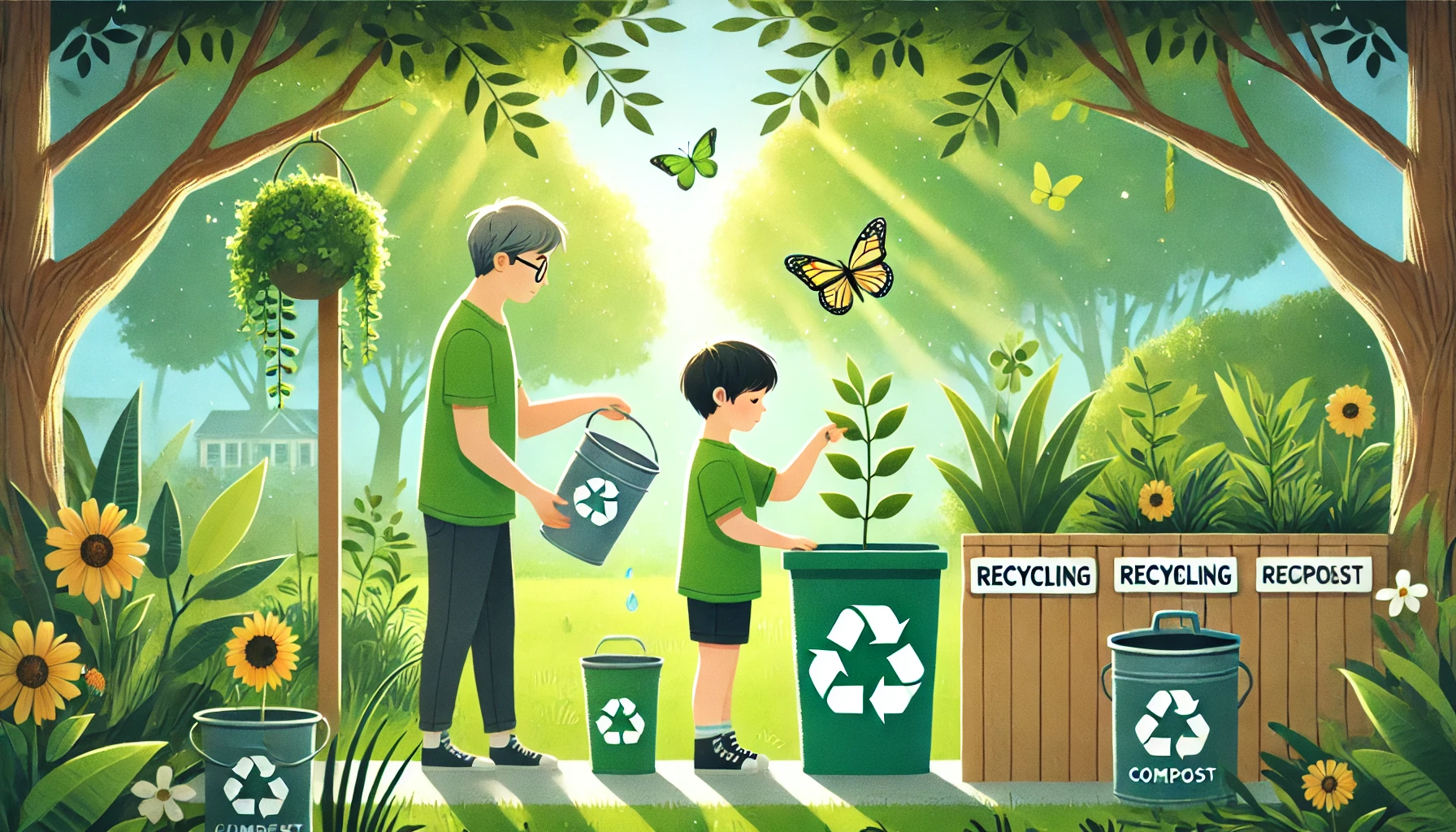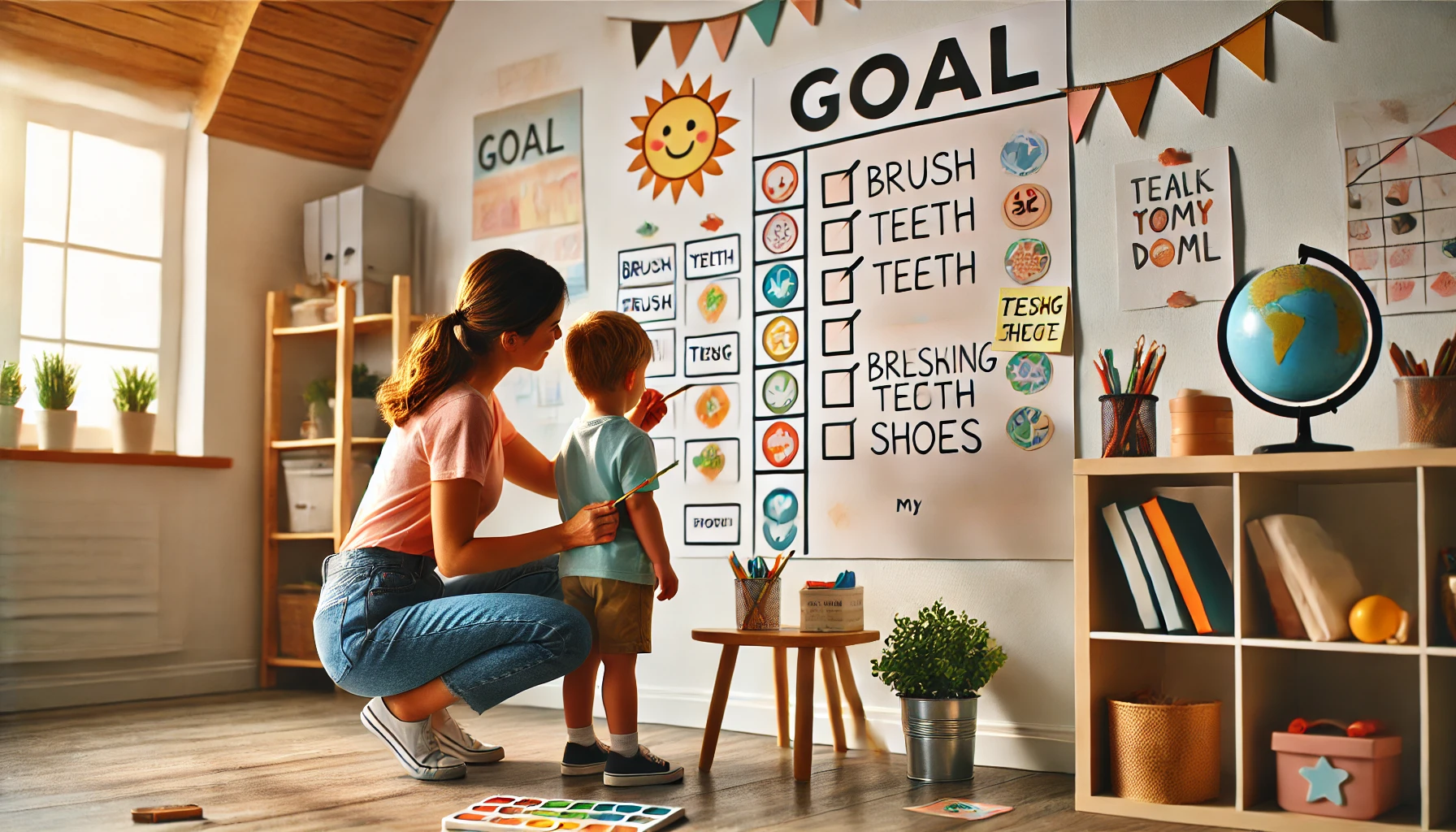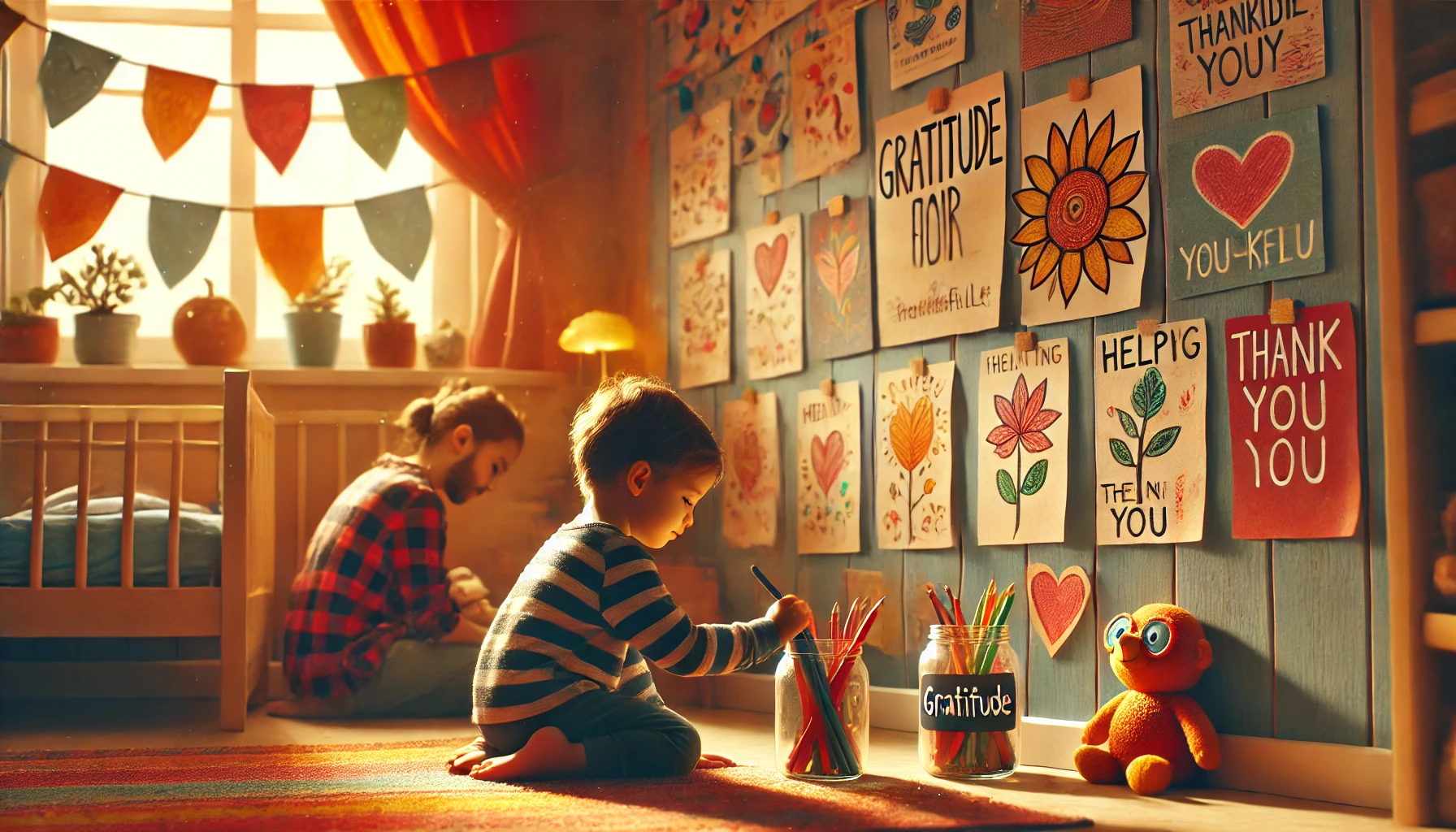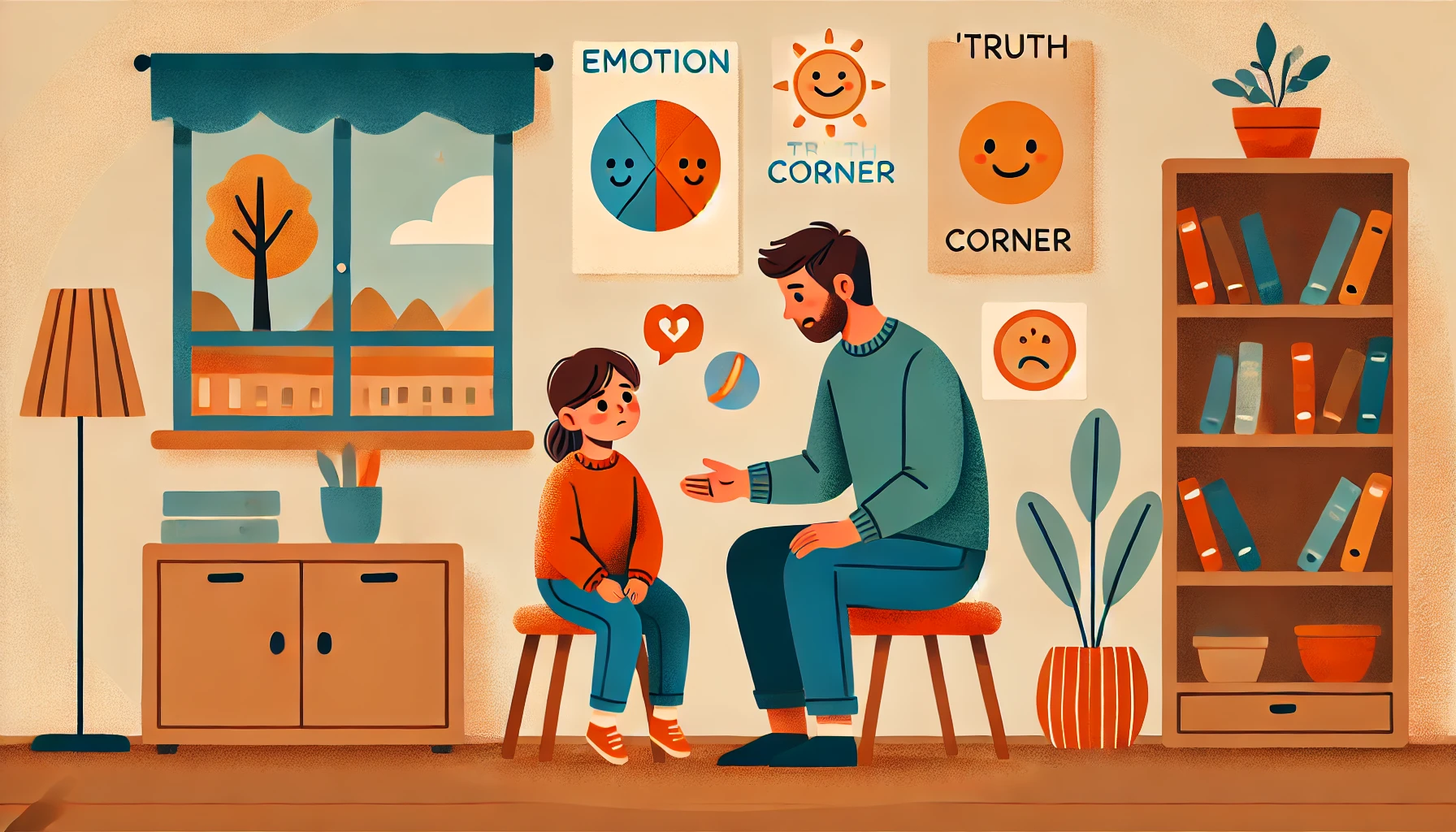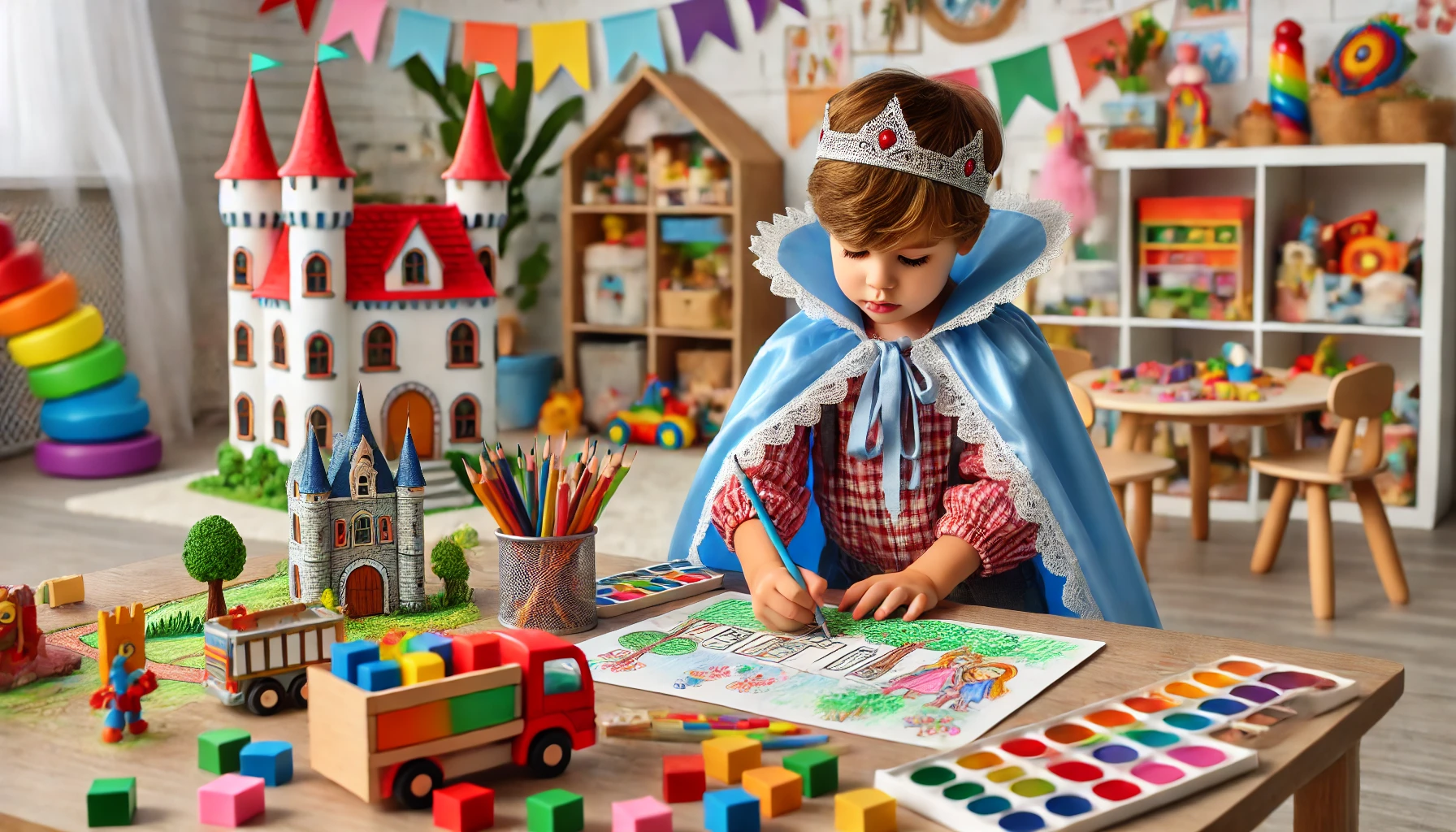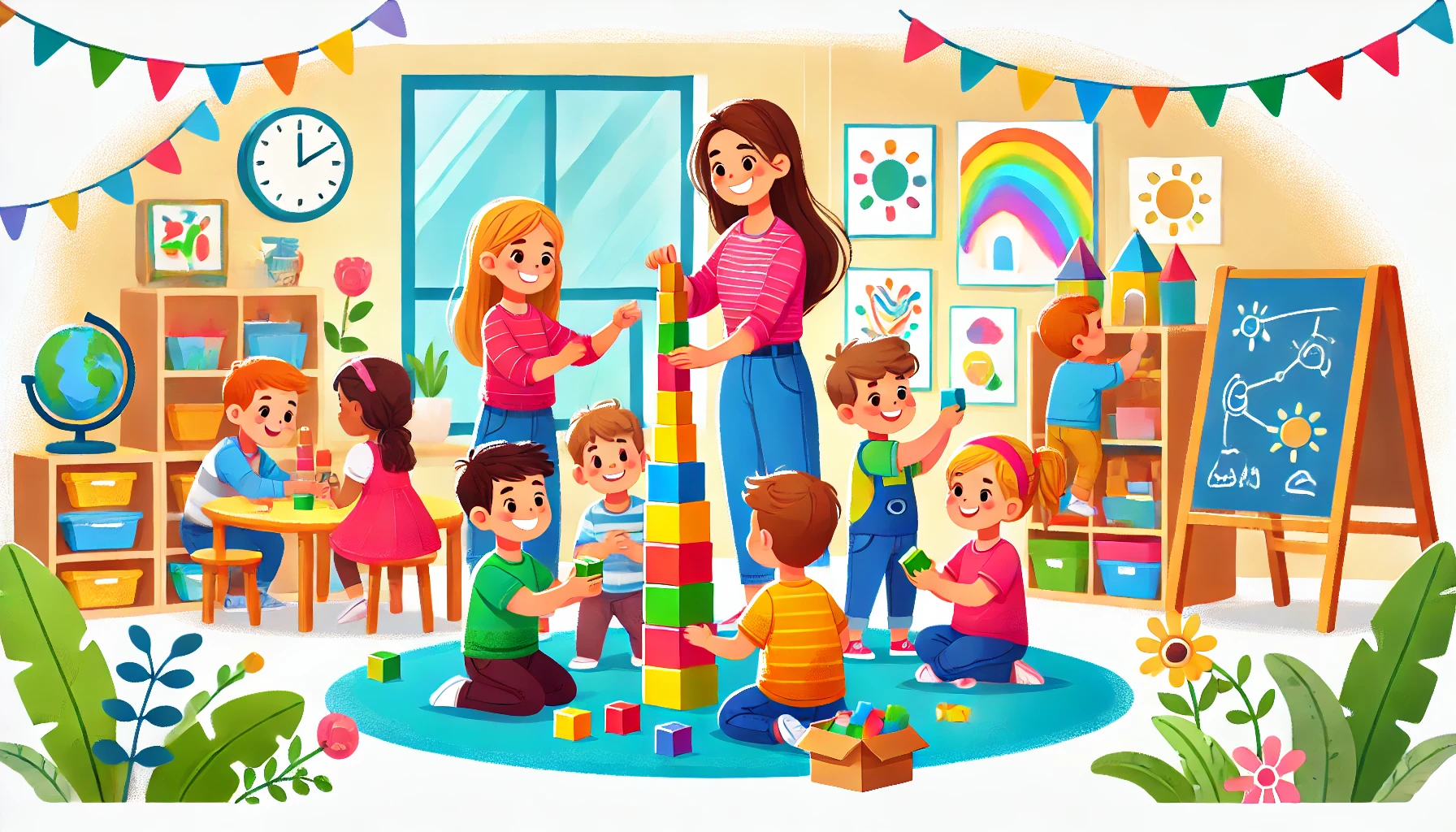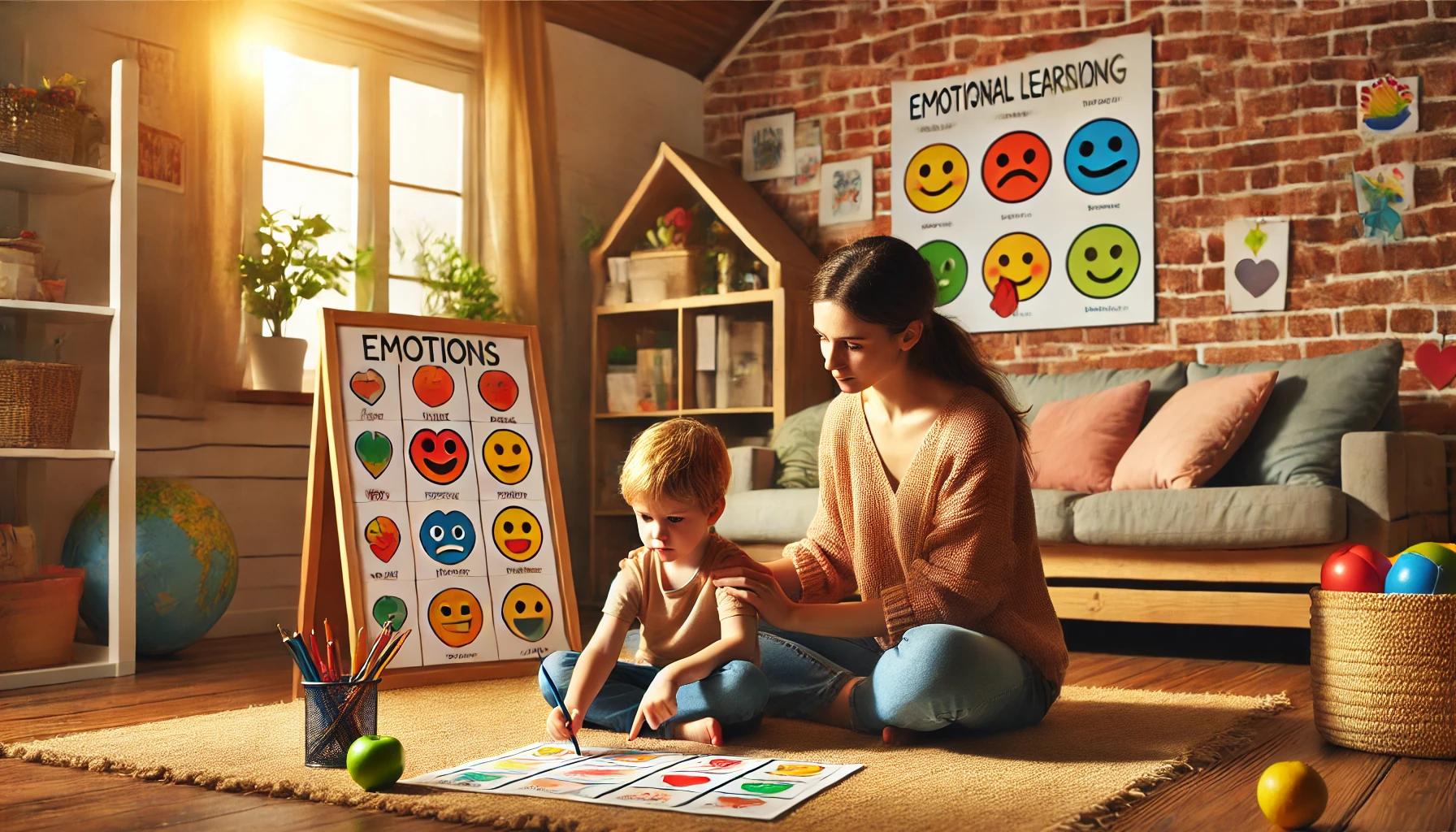How to Teach Young Children About Managing Time and Daily Routines
Helping young children understand time and follow daily routines builds structure, independence, and emotional security. While young kids don’t grasp hours or minutes the way adults do, they can learn to recognize sequences, anticipate what comes next, and build healthy habits. Teaching time management at this age is more about rhythm than precision—and it starts … Ler mais
